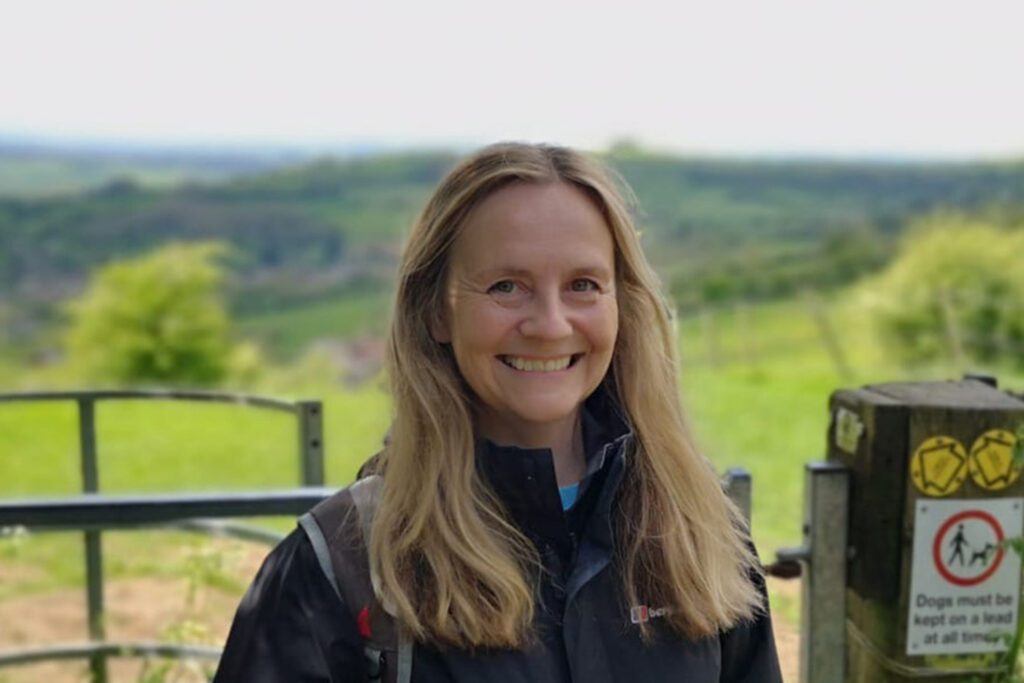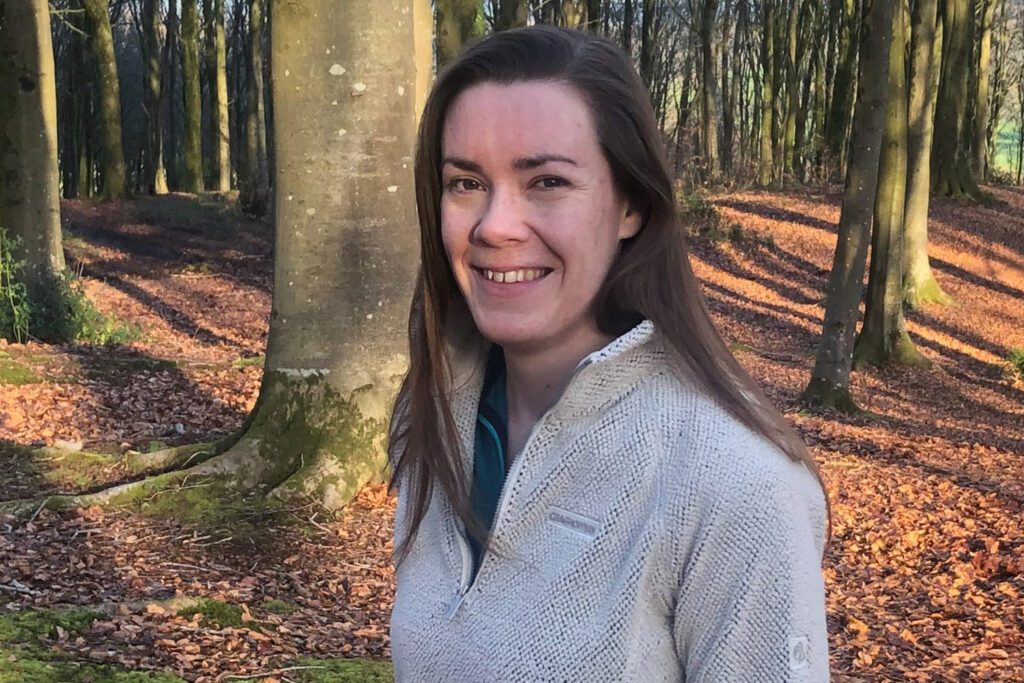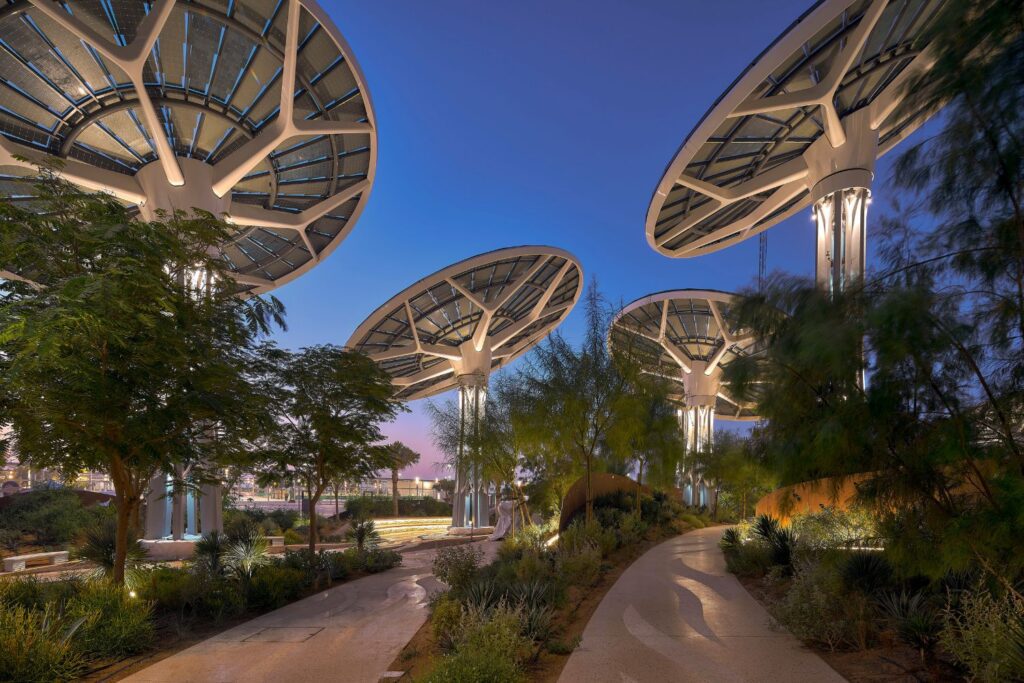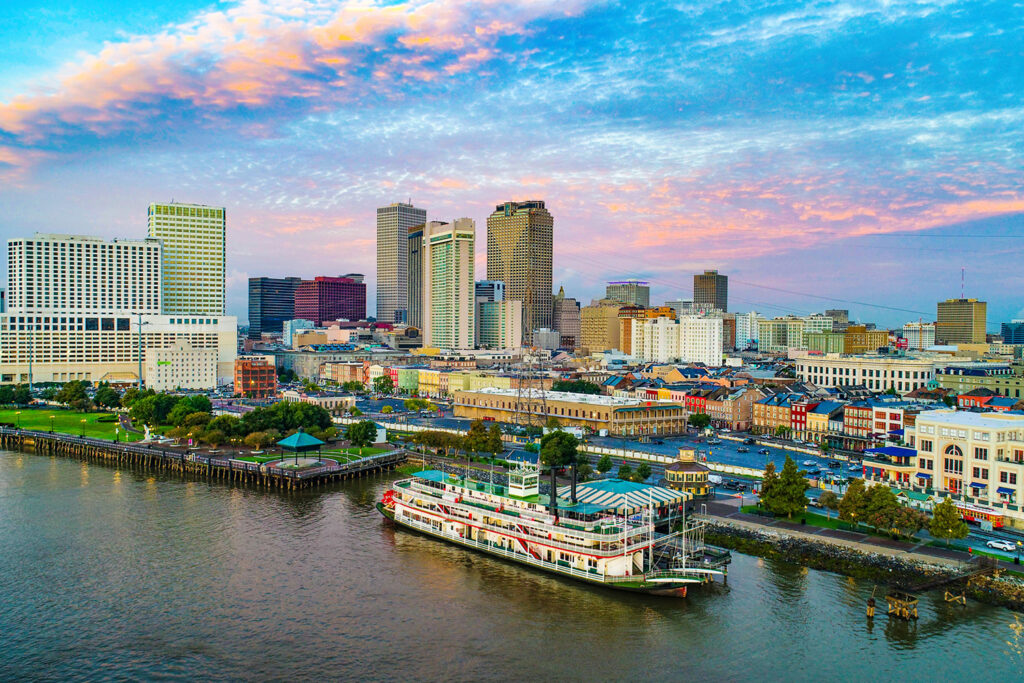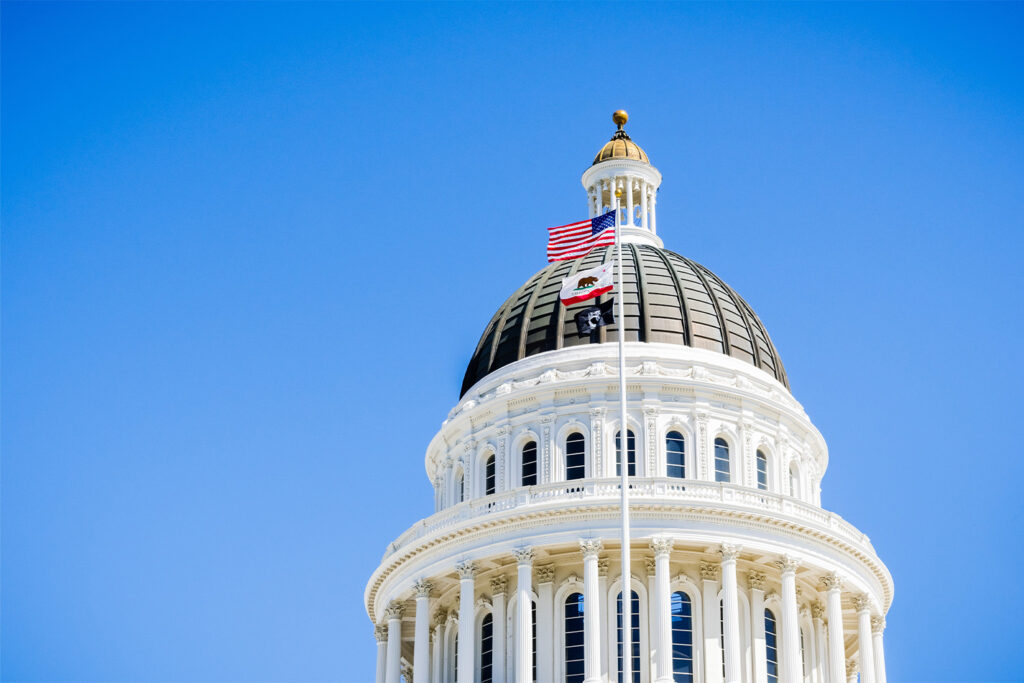
In a world challenged by global environmental changes, finding sustainable solutions that protect and strengthen our natural environment is critical.
Our ecology and biodiversity management consultants are passionate about delivering a tangible reduction in the threats that climate change poses. We work closely with clients to encourage sustainable urbanisation, restoration of degraded ecosystems, climate adaptation and mitigation, and improved risk resilience. Nature-based solutions, which aim to work with and improve the natural environment, are fundamental to our approach, whether on a local or strategic scale.
Reconnecting cities to nature on projects such as Thameside West in London, demonstrate that developments can positively contribute to delivering societal and ecological benefits, as well as financial and economic ones. At this former industrial site, we worked with architects and the Environment Agency to plan a 4,000m2 area of intertidal habitat to create natural flood management, help to support rare birds and invertebrates, and establish nature and parkland areas for local residents.
We also work on a county council/local authority-wide scale to investigate nature-based solutions to climate change and help public sector clients understand how they can meet their net zero targets through short-term and longer-term nature-based solutions, in tandem with considering socio-economic priorities. Our recent work with Kent County Council has provided the Council with a number of options to consider for tackling climate change, sea level rise, and socio-economic disparities.
In more arid areas, such as the Kingdom of Saudi Arabia (KSA), we recognise the invaluable role of wadis and marine habitats, such as coral reefs and seagrass, in capturing carbon, regulating flood risk, protecting coastlines from erosion and storm surges and supporting globally threatened species. We use this information to assist in shaping regional plans and help master plan designs to be more sustainable, and to avoid and minimise impacts on natural habitats and wildlife wherever feasible, before mitigation and offset options are considered.
Our recognised expertise also means that we contribute to stakeholder groups such as the UK Green Building Council to investigate how to re-shape our built environment to create a more sustainable future.
